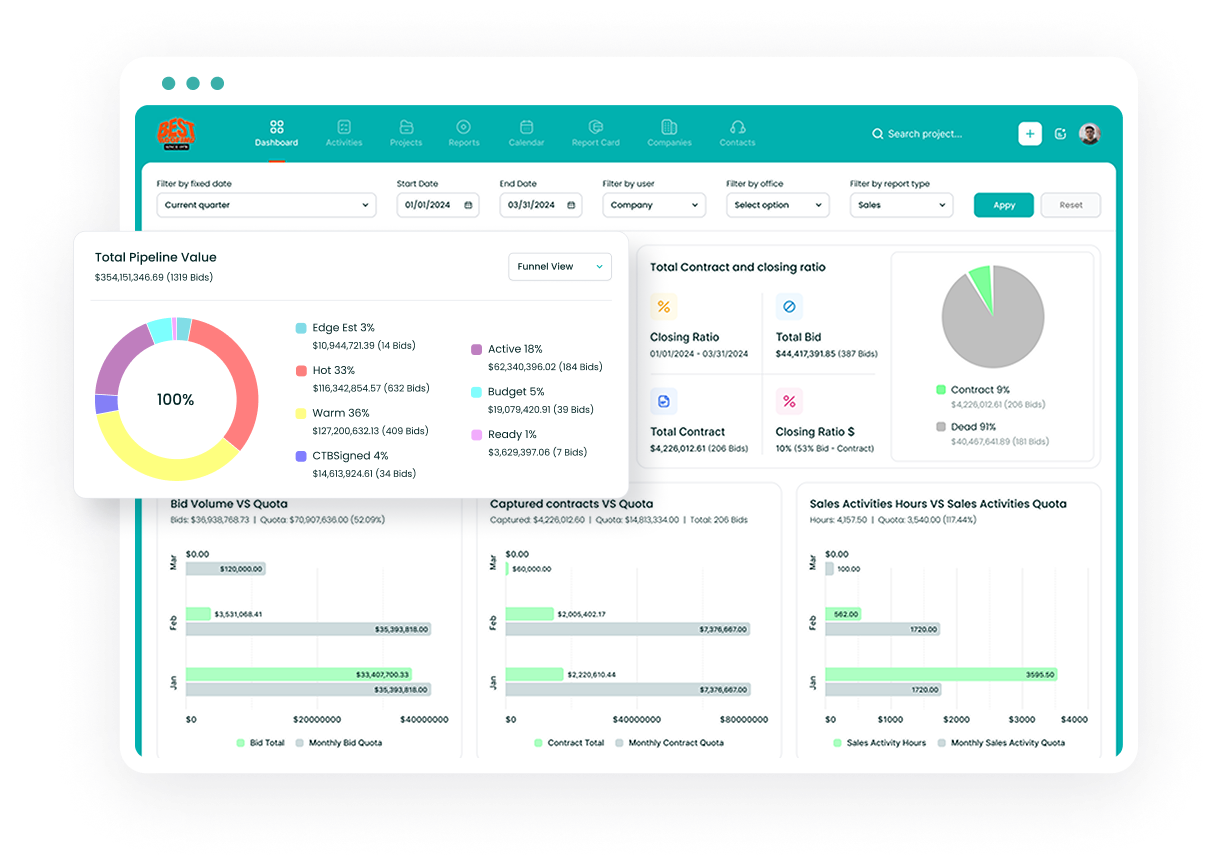Accounts Payable Prepayments
Recording the Initial Prepayment
Before applying a prepayment to an invoice, you must first record the prepayment in the system. Here's how to handle this in the Accounts Payable module:
- Navigate to Accounts Payable > Main > Manual Check Entry
- Enter the following details:
- Check number
- Check amount
- Vendor number
- Check the box for GL distribution only
- On the lines tab, enter the prepaid expense/deposit account where the payment should be posted
Applying Prepayment to Purchase Orders
When dealing with purchase orders that require prepayment, follow these steps:
Step 1: Access Purchase Order Entry Navigate to the Purchase Order Entry screen and select the appropriate PO.
Step 2: Update PO Information
- Select the Totals Tab
- Enter the prepayment amount in the "Less Prepaid Amount" box
- Input the Prepaid Check Number
- The system will automatically calculate and display the new order total in the Order Balance box
Step 3: Process Receipt and Invoice When processing the receipt and invoice against the PO, the prepaid amount will automatically be applied to the invoice, and only the remaining balance will post to Accounts Payable.
Accounts Receivable Prepayments
Processing Customer Prepayments
When handling customer prepayments in AR, the process involves using the Cash Receipts Entry function:
Initial Setup
- Navigate to Accounts Receivable > Main > Cash Receipts Entry
- In the Cash Receipts Entry Batch window:
- Create a new batch number, or
- Select an existing batch
- Click the Next Batch button as needed
Deposit Information
- In the Cash Receipt Deposit window:
- Enter or select Next Deposit No.
- Input a description
- Choose the appropriate bank code
- Enter the deposit date (use the original Cash Receipt date)
- Set the cash deposit amount to zero
Customer Information
- Select the customer
- For the check number, use "APPL" followed by a number (e.g., APPL20)
- Leave the amount as zero
Applying the Prepayment
On the Lines Tab:
- First line:
- Select the Prepayment from the Invoice lookup
- Second line:
- Select the Invoice to apply the prepayment to
- Ensure the amount matches the prepayment but as a positive number
Important Considerations
Purchase Order Prepayments
When processing prepayments on purchase orders, keep these key points in mind:
System Requirements
- Know the G/L account assigned to the Payable Deposit (found in Purchase Order Options)
- Remember that the process isn't integrated - manual updates to the PO module are necessary
Alternative Methods You can also create an AP Invoice to the vendor, provided that:
- The invoice is expensed to the Payable Deposit Account
- The account is properly identified in PO options
Verification and Reconciliation
After processing prepayments, always:
- Verify the transaction appears correctly in Customer/Vendor Maintenance
- Check that invoice amounts are properly reduced by the prepayment amount
- Ensure all registers are updated to maintain proper balance
Best Practices
Documentation
Maintain clear records of all prepayments by:
- Using consistent naming conventions for prepayment transactions
- Recording check numbers and reference numbers systematically
- Keeping detailed notes of all prepayment applications
Timing Considerations
When processing prepayments:
- Ensure the deposit date matches the original cash receipt date
- Process receipts and invoices promptly after prepayments
- Update all relevant registers immediately after processing
Reconciliation Procedures
To maintain accurate financial records:
- Regularly review outstanding prepayments
- Reconcile prepayment accounts monthly
- Verify all applications have been properly processed
- Address any discrepancies immediately
Troubleshooting Common Issues
Prepayment Not Showing
If a prepayment isn't displaying:
- Verify all registers have been updated
- Check the G/L account assignments
- Ensure the correct customer/vendor was selected
- Confirm the prepayment was properly recorded
Balance Discrepancies
When balances don't match:
- Review the original prepayment amount
- Check for partial applications
- Verify all transactions have been properly posted
- Ensure no duplicate entries exist
System Requirements
To properly process prepayments in Sage 100, ensure:
- Your system is updated to the latest version
- Proper security permissions are set
- Relevant modules are properly configured
- G/L accounts are correctly set up
Module Integration
Understanding how different modules interact is crucial:
- AP and PO modules require manual synchronization for prepayments
- AR prepayments must be properly recorded in Cash Receipts
- GL postings should be verified across all affected modules
Reporting Considerations
When working with prepayments, regularly review:
- Aged AP/AR reports
- GL transaction reports
- Bank reconciliation reports
- Prepayment tracking reports
This comprehensive approach to handling prepayments in Sage 100 ensures accurate financial records and proper tracking of all prepaid amounts. Regular monitoring and consistent procedures will help maintain the integrity of your financial data and simplify the reconciliation process.
Remember to always verify transactions and maintain proper documentation throughout the prepayment process. This will help ensure smooth financial operations and accurate reporting across all modules within Sage 100.
Citations: [1] https://www.rklesolutions.com/blog/need-pay-vendor-advance-product-can-shipped [2] https://www.caserv.com/2016/06/23/sage-100-how-to-apply-a-prepayment-to-an-invoice-in-accounts-receivable/ [3] https://www.dwdtechgroup.com/sage-100-mas-90-200/processing-prepayments-on-a-purchase-order-in-sage-100/ [4] https://www.dwdtechgroup.com/resources/software-network-tips/sage-100-tips-mas-90-mas-200/ [5] https://help-sage100.na.sage.com/2023/Subsystems/AP/APMainProced/Apply_Prepaid_Invoices.htm [6] https://www.accountingadvice.co/apply-ar-prepayment-to-an-invoice-in-sage-100-erp/ [7] https://help-sage100.na.sage.com/2018/Subsystems/AP/APMainProced/Record_and_Apply_Prepayments.htm [8] https://help-sage100.na.sage.com/2022/Subsystems/AP/APMainProced/Record_a_Prepayment.htm

